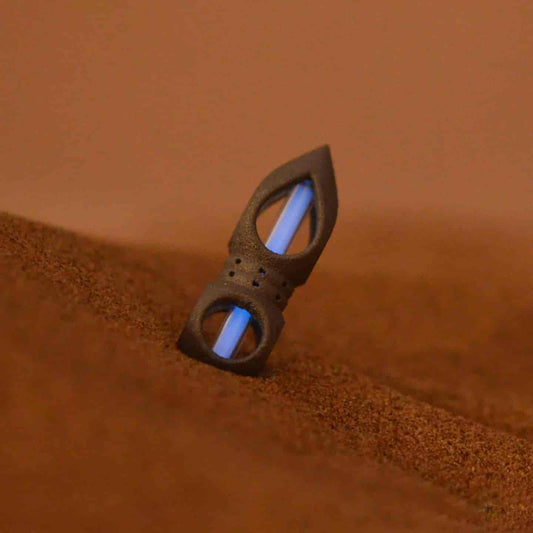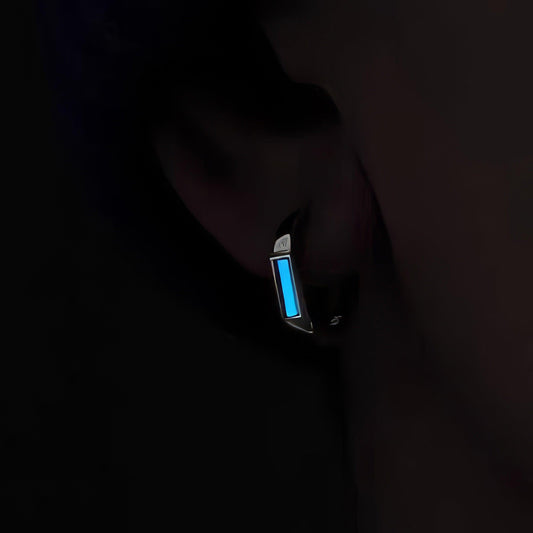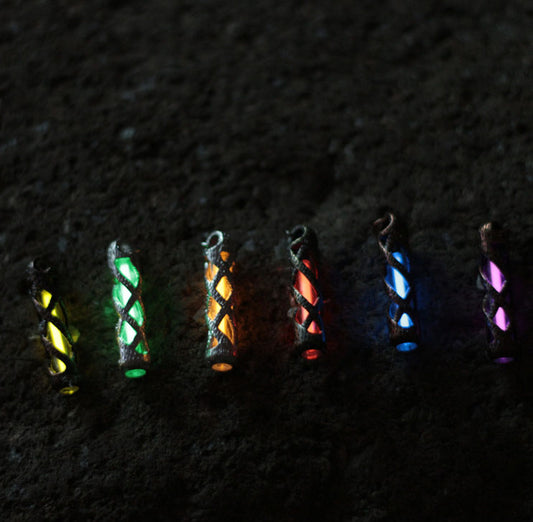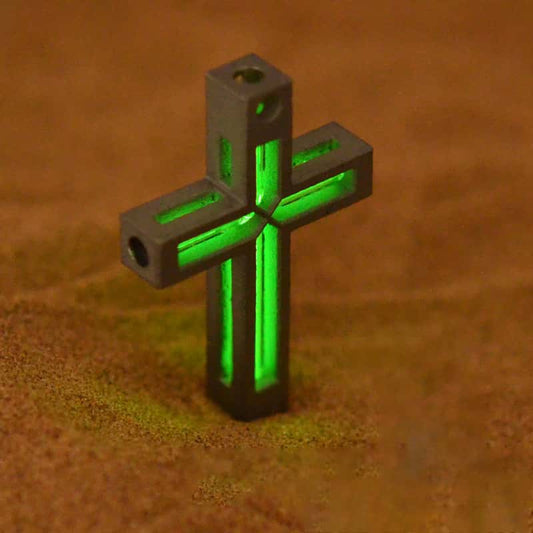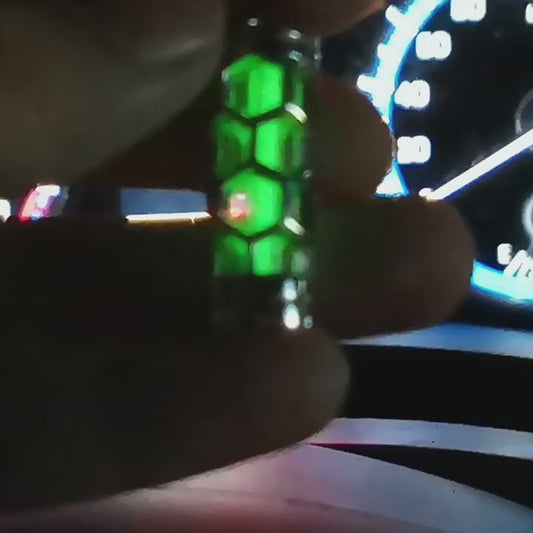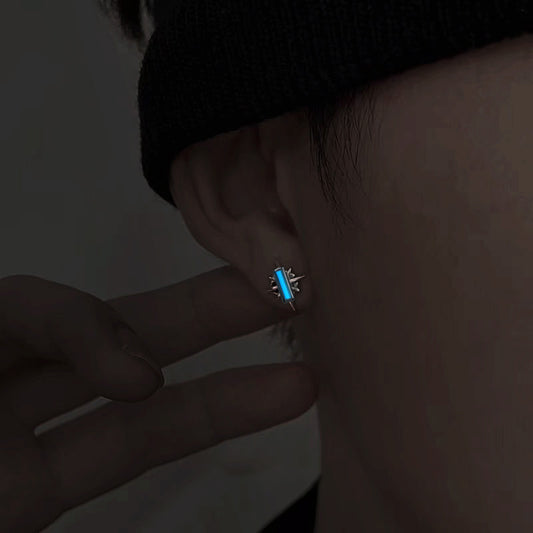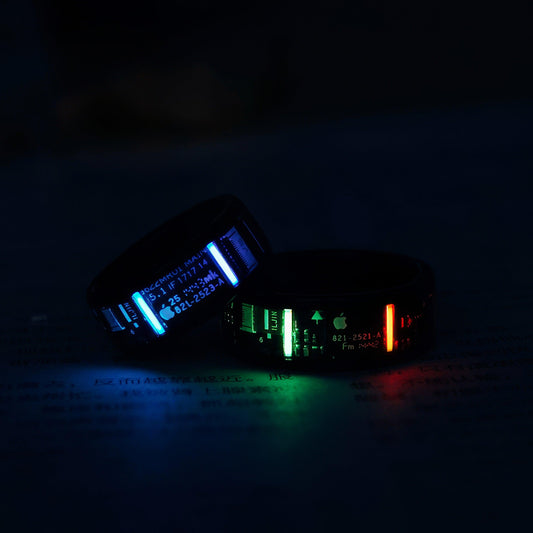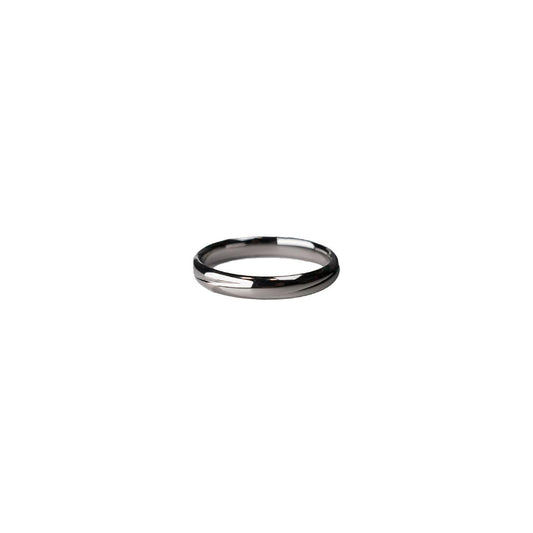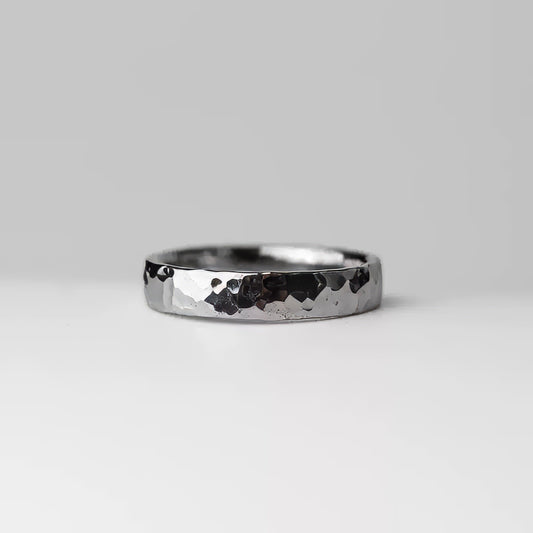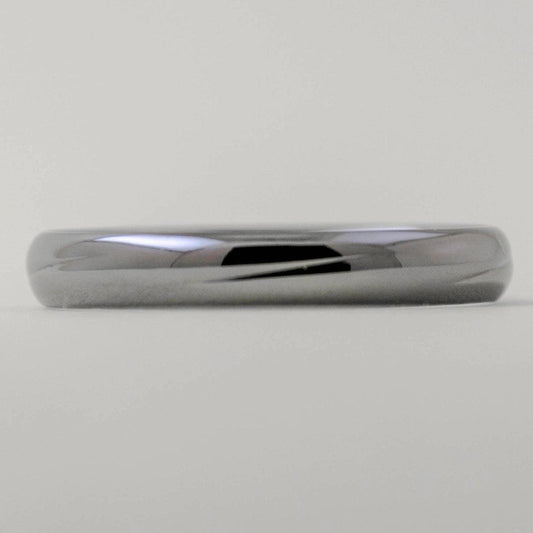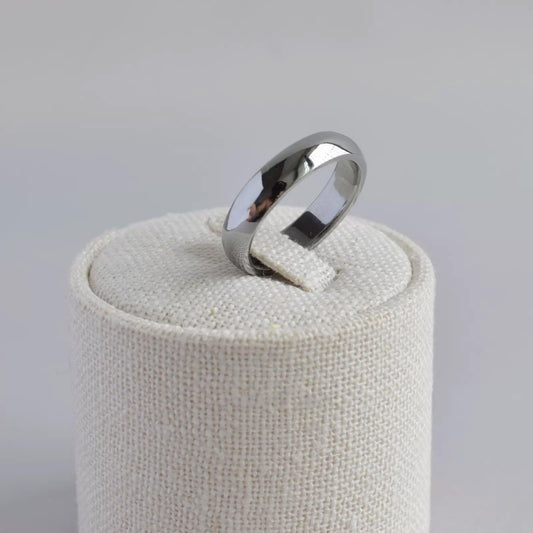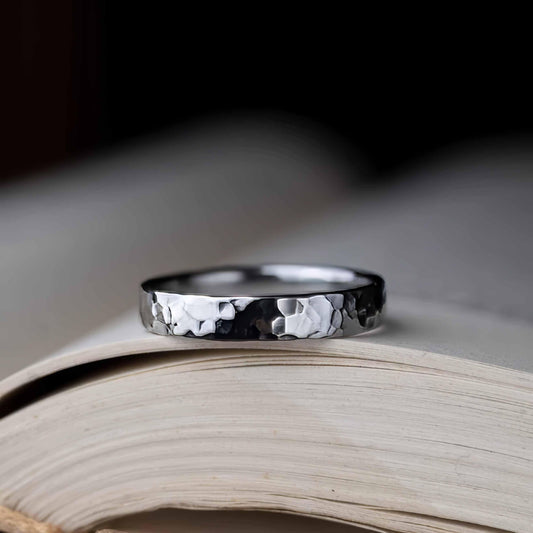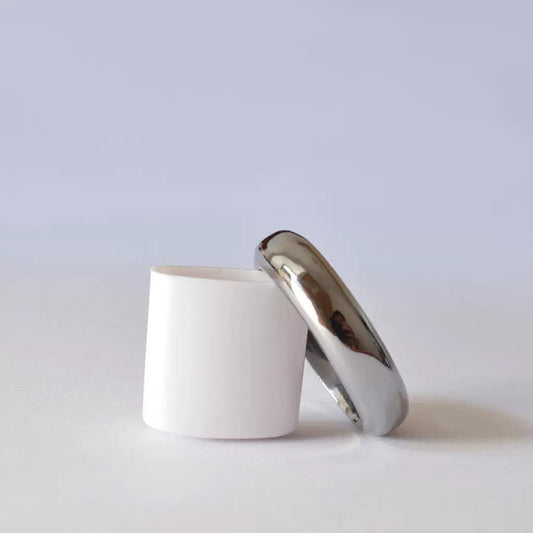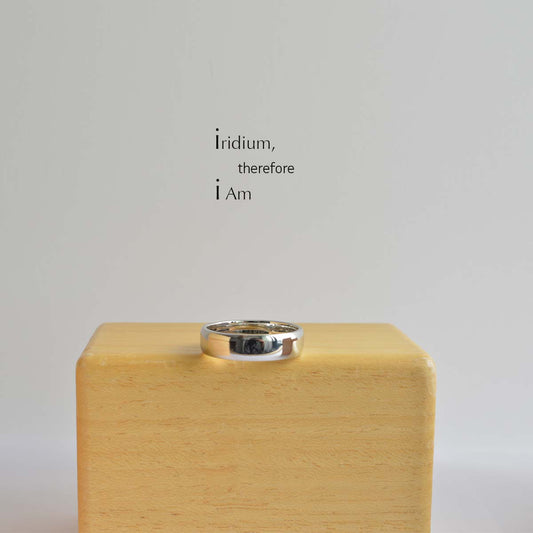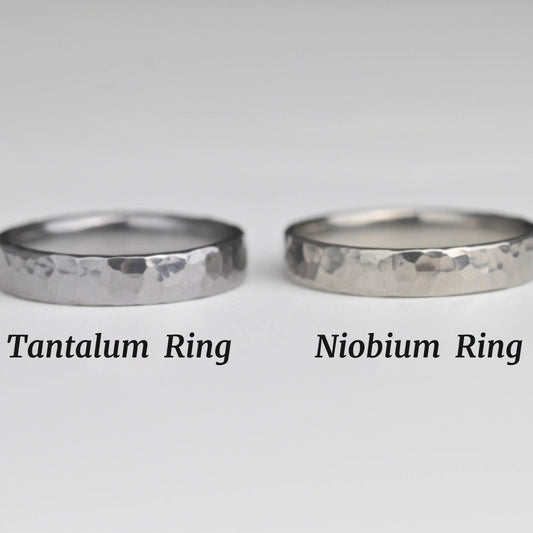The Resilience of Silver A Closer Look at Scratch Resistance
The Resilience of Silver A Closer Look at Scratch Resistance
When I inherited my grandmother's silver locket, I marveled at its lustrous beauty and the stories it seemed to whisper. However, a little niggle wormed its way into my mind: how could it have remained so pristine after decades of wear? This led me to delve into the world of silver, seeking to understand its endurance and, more specifically, its propensity for scratching.
First, it’s crucial to recognize that silver, while undeniably beautiful, is not the most robust metal in terms of hardness. Sterling silver, for instance, which consists of 92.5% silver mixed with other metals like copper, is softer than many other metals commonly used in jewelry. This softness contributes to its ability to be crafted into delicate, intricate designs, but it also means that, yes, silver can indeed scratch more easily than tougher metals like stainless steel or titanium.
However, scratching is not the end of the world for silver lovers. The charm of silver lies partly in its ability to develop a unique patina over time. This characteristic is something enthusiasts appreciate, as the small scratches and subtle changes in hue can enhance its antique allure. I recall visiting a friend's house, where she proudly displayed her collection of silver tableware. Each piece bore its history in the form of tiny nicks and soft lustrous patches—signs of daily use and cherished memories.
Care and maintenance play a crucial role in the preservation of silver. While it's impossible to make it scratch-proof, being mindful during wear and storage can significantly reduce the risk. Simple habits, like storing silver separately from other jewelry or using soft pouches, can go a long way. It’s akin to how I care for my vintage vinyl records—kept in sleeves and treated with the utmost respect, acknowledging that any mark could be a permanent addition to its story.
Moreover, some silver items are plated with rhodium or another metal to enhance their scratch resistance. My friend Lisa swears by her rhodium-plated earrings, claiming they maintain their sheen with far less effort than their uncoated counterparts. Such solutions bridge the gap between enjoying the softness and elegance of silver without constant anxiety over scratches.
In today’s world, where many of us are drawn to authenticity and character, maybe the occasional scratch isn’t entirely undesirable. For those who wear silver jewelry daily, like my grandmother did with her locket, these imperfections narrate a personal history, much like well-loved leather or a favorite book with dog-eared pages. So, next time you spot a scratch on your silver piece, consider it a part of its unique charm, a token of the life you've shared with it.
In the end, while silver may not be invincible, its allure remains undiminished. Treat it with respect, enjoy its character, and perhaps those little scratches will begin to feel less like flaws and more like the precious marks of time well spent.
